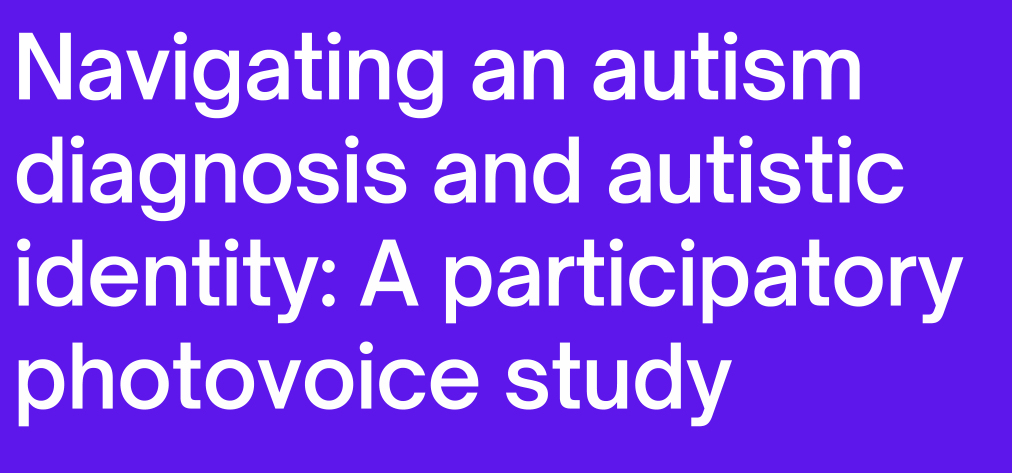Background:
Autistic people have a higher rate of mental illness compared to non-autistic population, and it is suggested by the minority stress model that marginalised minorities are exposed to a greater burden (minority stress), resulting in health inequalities. However, marginalised minorities may also have access to a unique in-group community which also provides a degree of protection. Thus, autistic community connectedness may play a role in buffering the impact of minority stress on mental health for the autistic community. Therefore, the present study aimed to test whether minority stress could predict worse mental health for the autistic sample, and whether autistic community connectedness buffers against the effects of minority stress on mental health.
Method:
The study comprised of an online survey which recruited 195 diagnosed autistic or self-diagnosed autistic participants, the survey measured: demographics, general life stress, minority stress, autistic community connectedness and psychological distress.
Results:
The results showed that exposure to minority stress predicted worse mental health, and that different types of autistic community connectedness moderated the relationships between different types of minority stressors. High rates of belongingness to the autistic community moderated the impact of outness (disclosure), and concealment (masking) on psychological distress. Belongingness and social connectedness were less effective at moderating the effect of internalized stigma on distress. Lastly, political connectedness moderated the impact of internalized stigma on distress more so than belongingness or social connectedness.
Check out the poster here:




